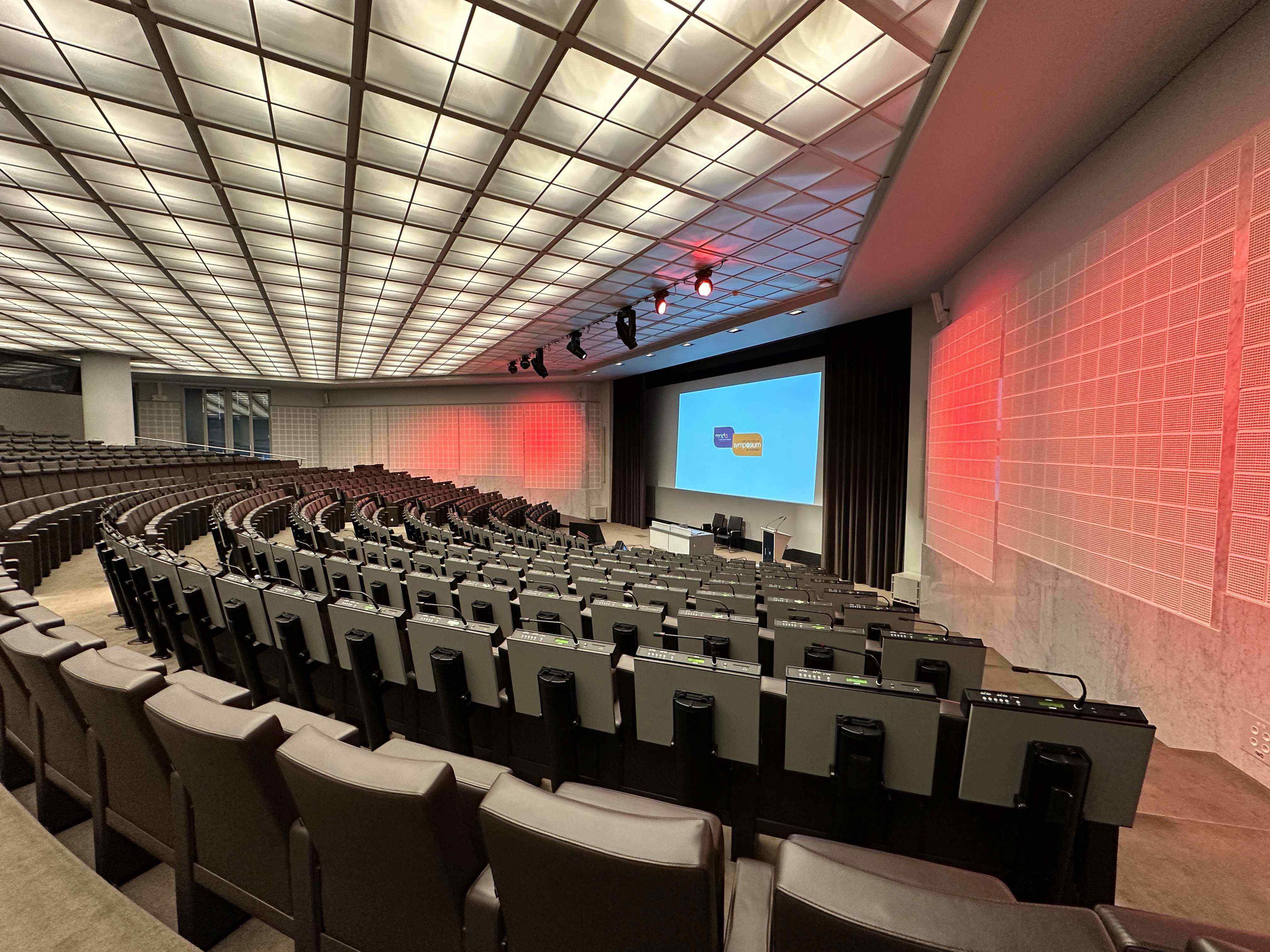6 December 2023 News
As Kevin Sinfield OBE pounds the streets in his epic 7 in 7 in 7 challenge, the 34th International Symposium on ALS/MND gets ready to kick off in Basel, Switzerland.
Across three days we will welcome over 1600 delegates from around the world, with most people attending the event in-person – the first face-to-face Symposium since 2019. With one of the largest delegate numbers on record, the event will facilitate the sharing of latest advances in research and treatments in MND. The programme offers a mix of basic and clinical science, therapy development and clinical management. Online delegates will also have the opportunity to watch some sessions live from the comfort of their homes – a Symposium first to increase inclusivity and accessibility.
Many Association-funded researchers are set to attend and showcase their research findings. They will network with peers to share knowledge and build new collaborations. We’re also delighted to welcome 19 patient fellows who are living with MND, to share news and developments.
This year we are excited that, for the first time, the programme includes a series of three ALS-FTD joint sessions, in collaboration with the International Society for Frontotemporal Dementias.
Some people with ALS, the most common form of MND, also develop a form of dementia known as frontotemporal dementia (FTD). Research has provided increasing evidence that ALS and FTD are connected. The sessions at the Symposium will explore the overlap between the two diseases and identify new collaborative opportunities which hopefully help lead to the development of effective treatments for both diseases.
In another Symposium first, we’ll also be hearing form our first cohort of MND Association Symposium Communications Ambassadors, selected early career researchers, who have already been actively talking about the Symposium on social media platforms and who will be reporting on the science throughout the conference. Research news will be presented in non-scientific terms for the whole community so do keep an eye on the Association’s research X (formerly known as Twitter) and also our research blog.
